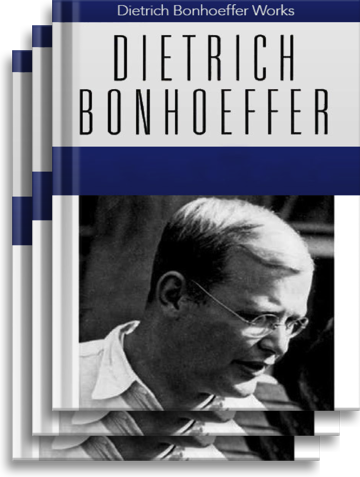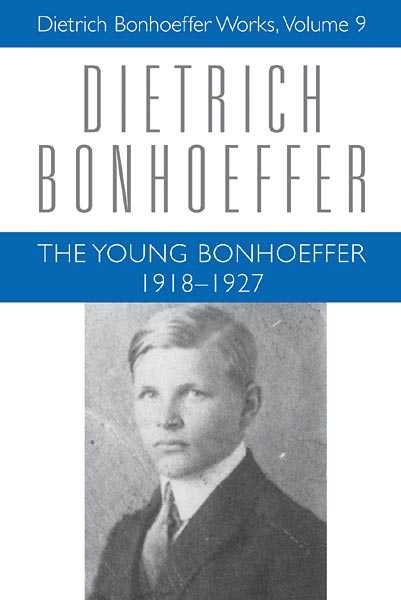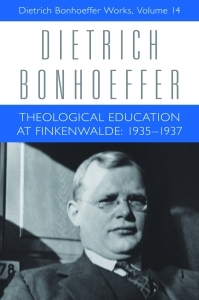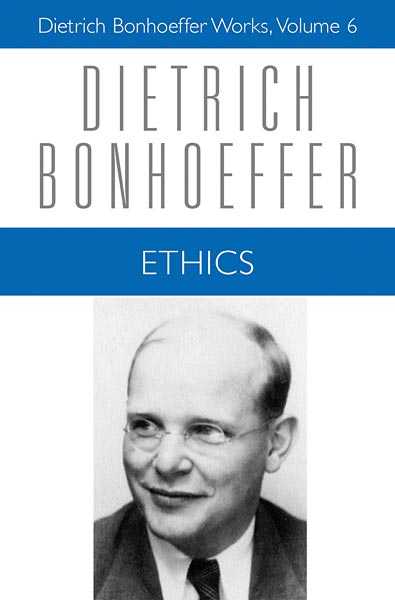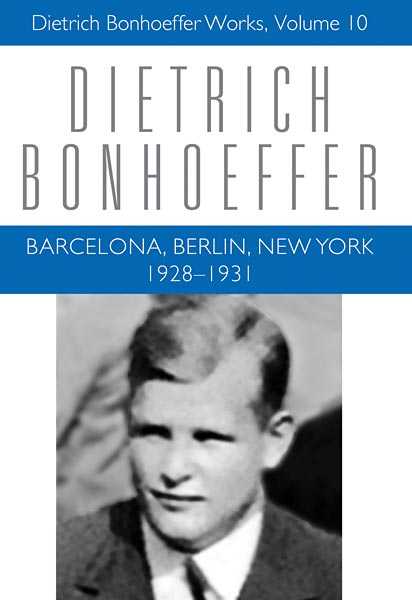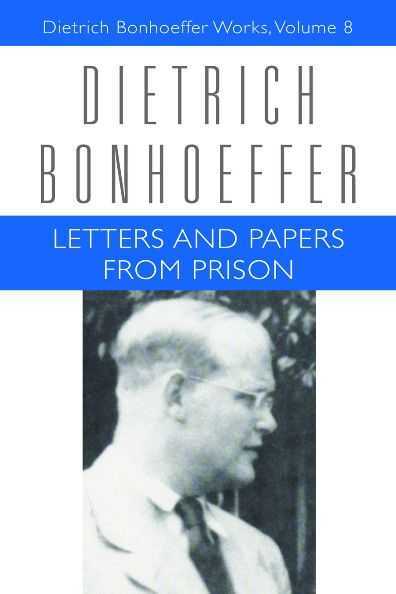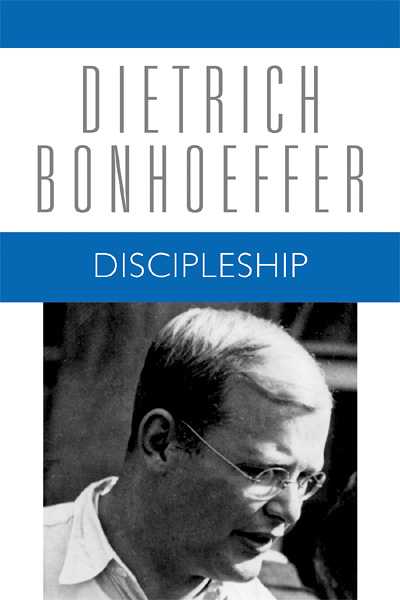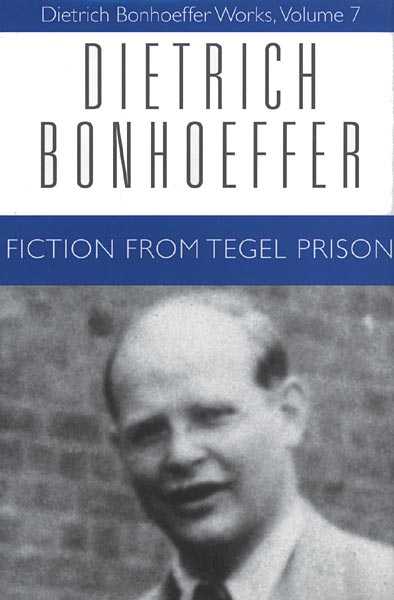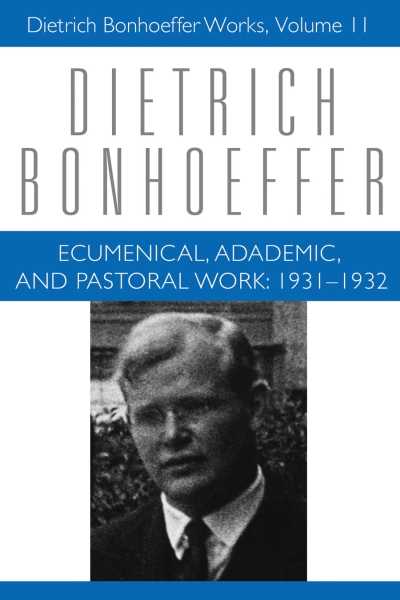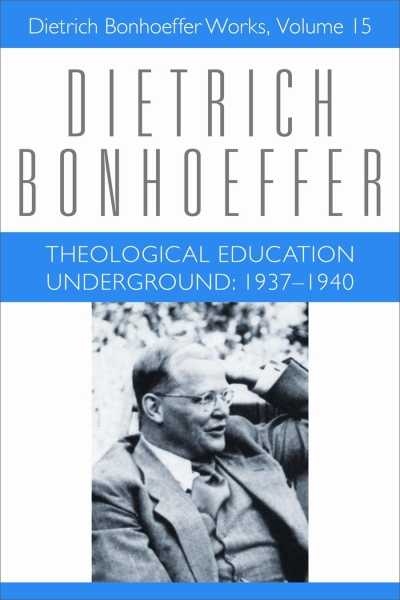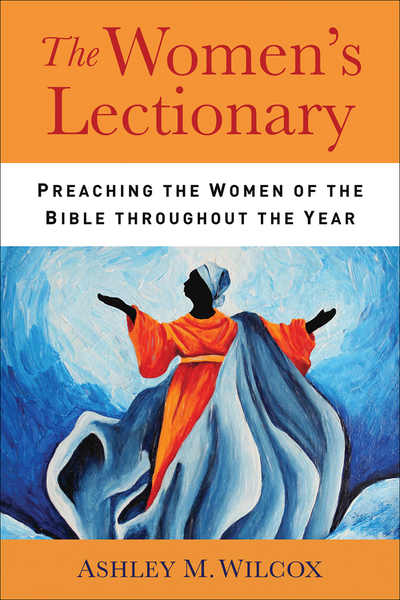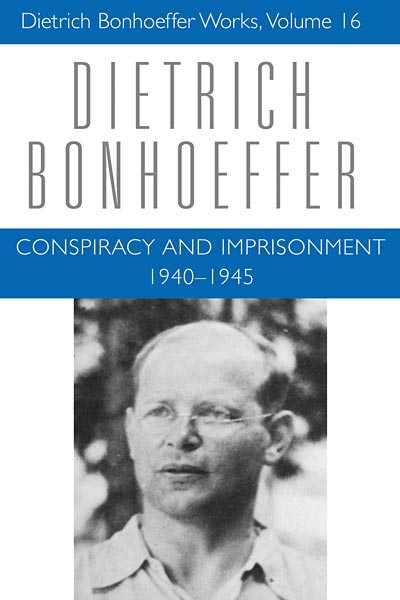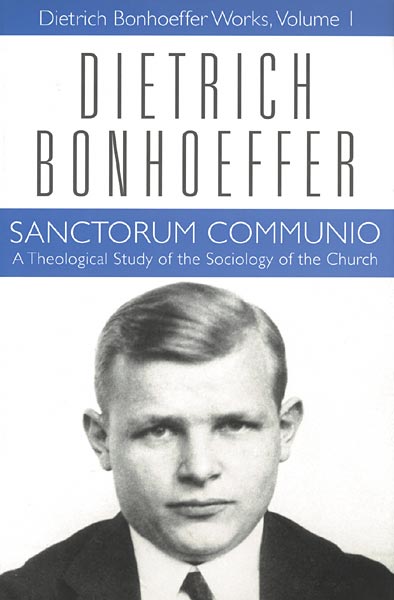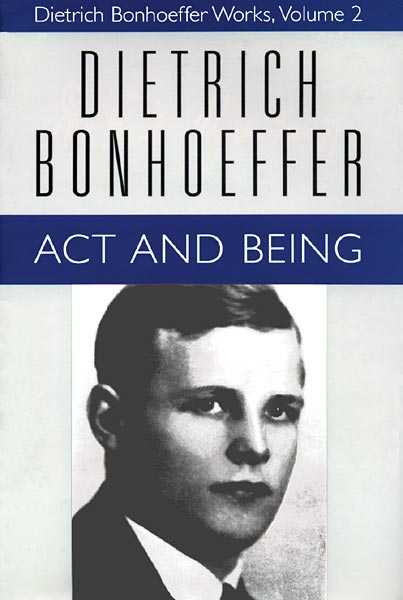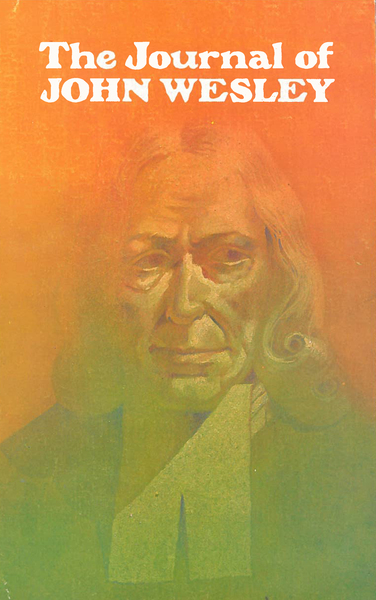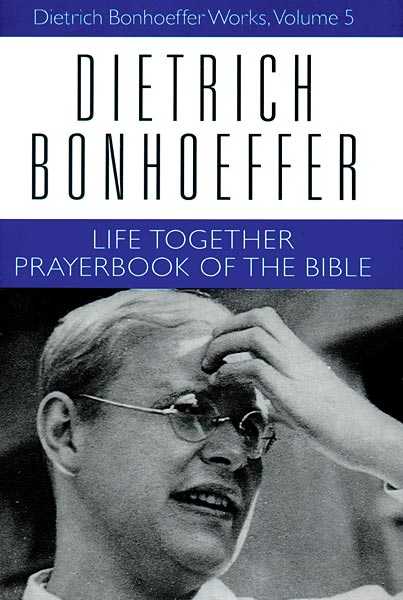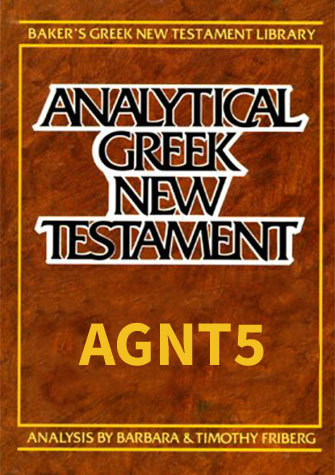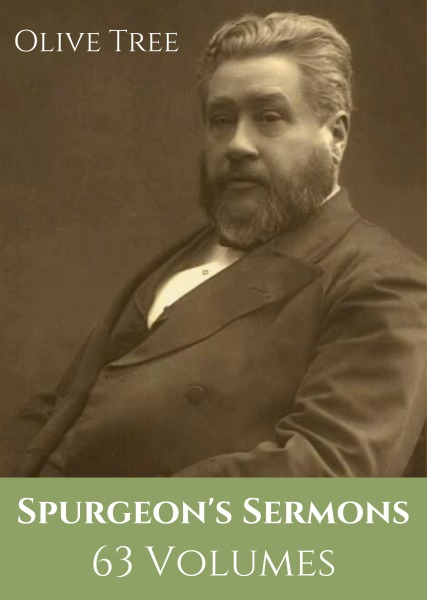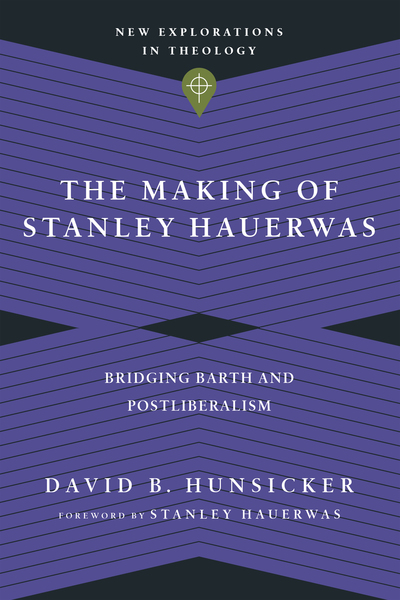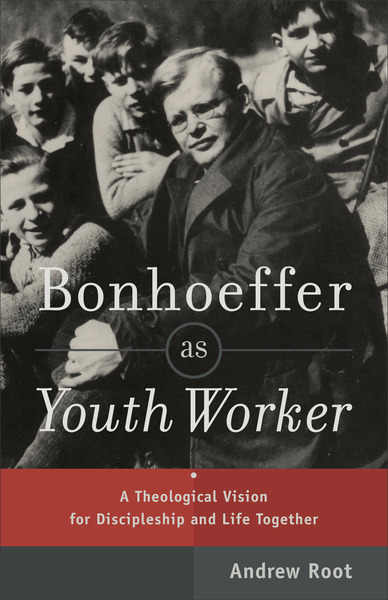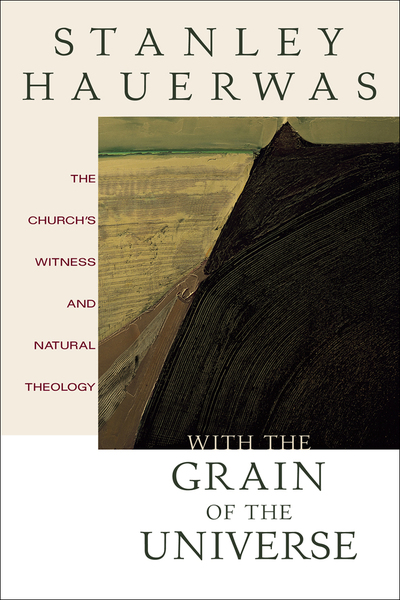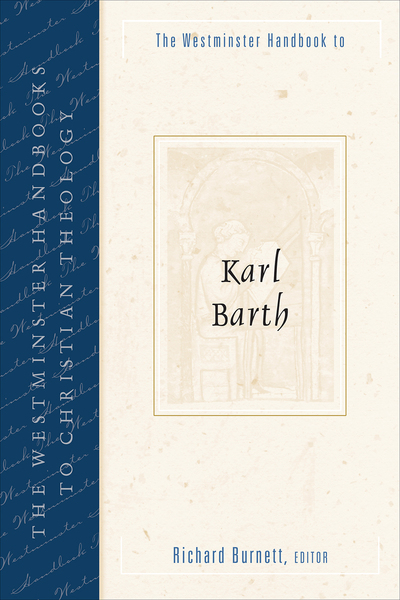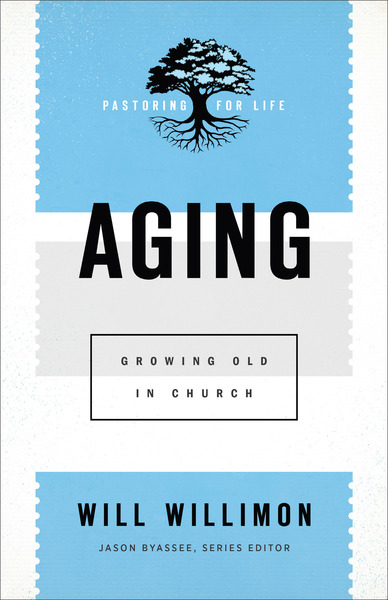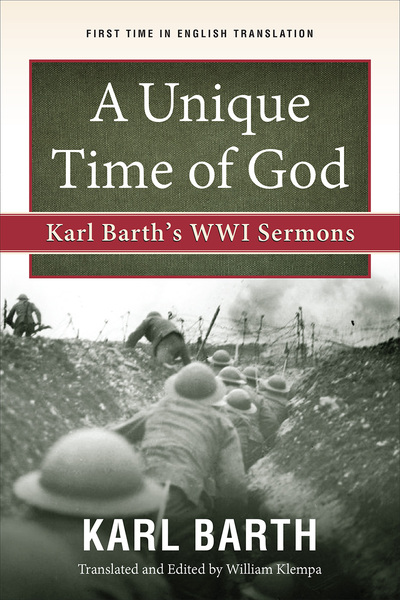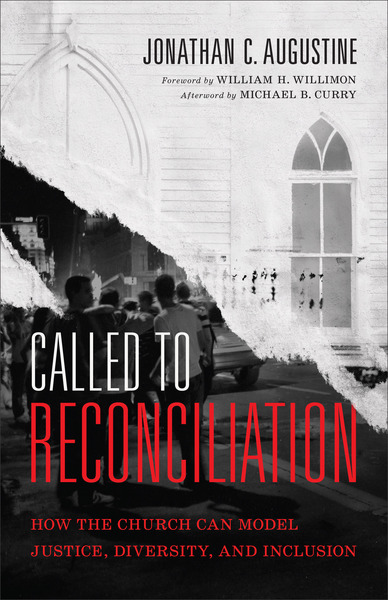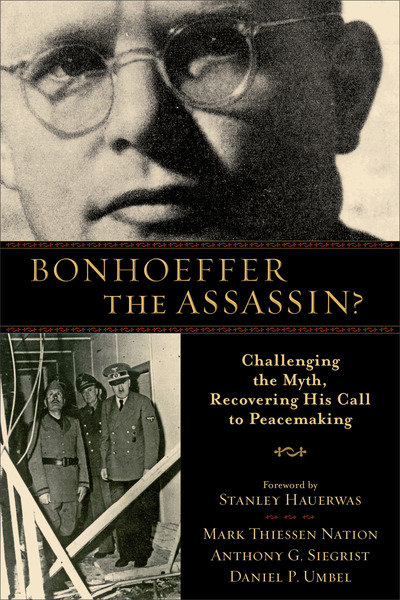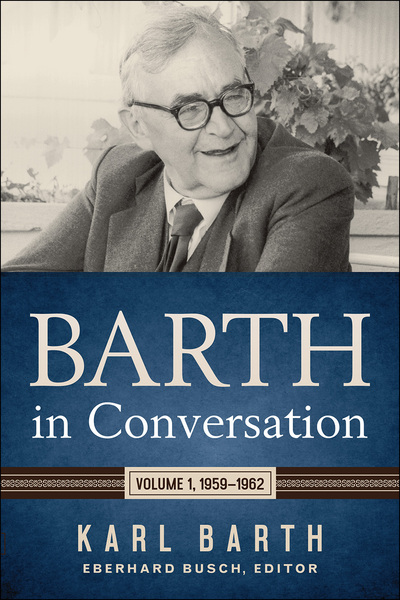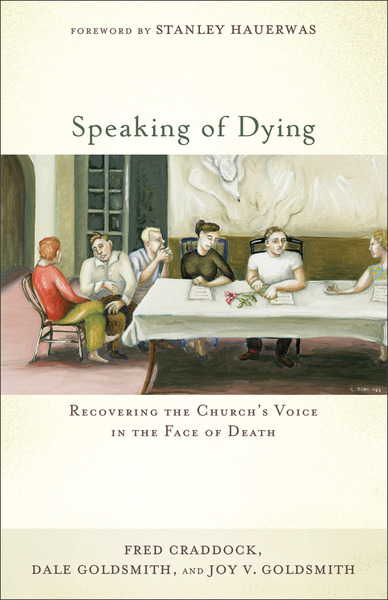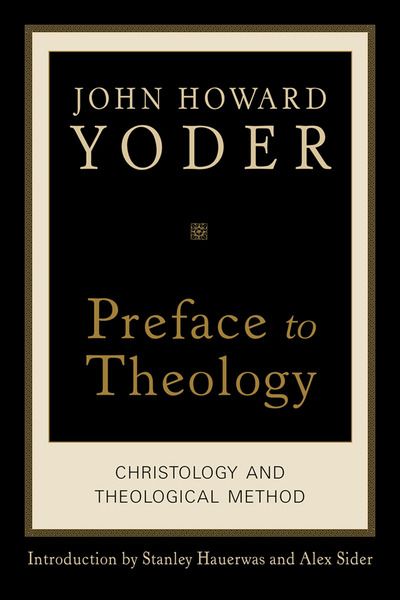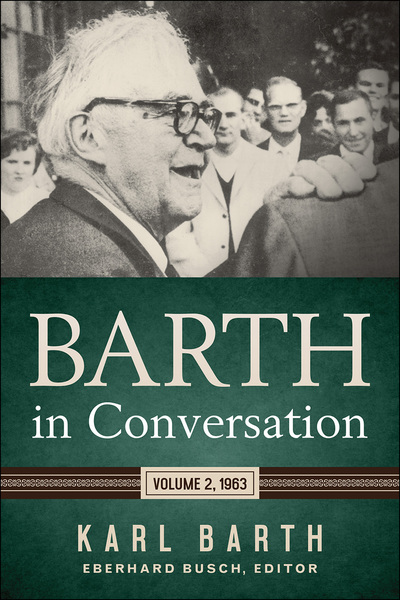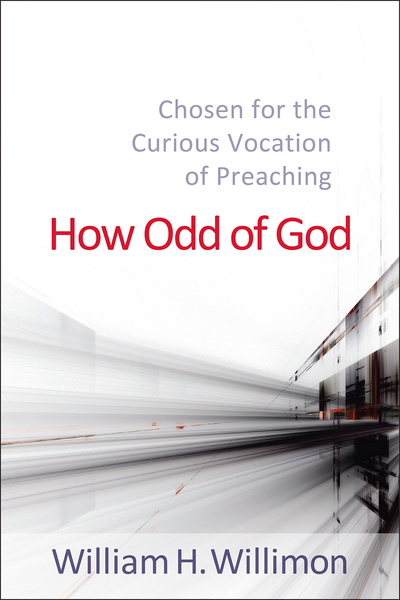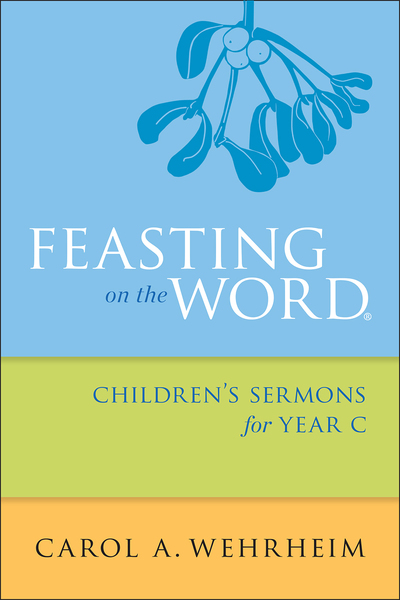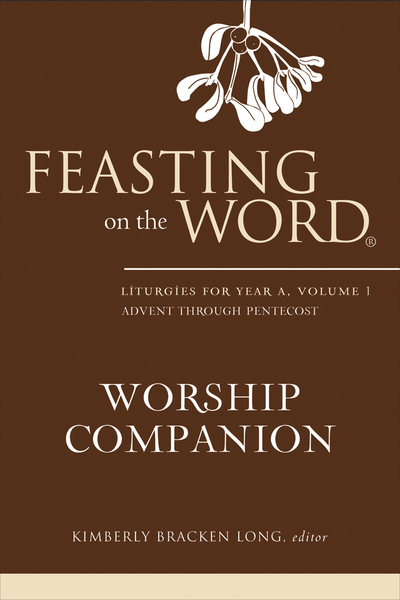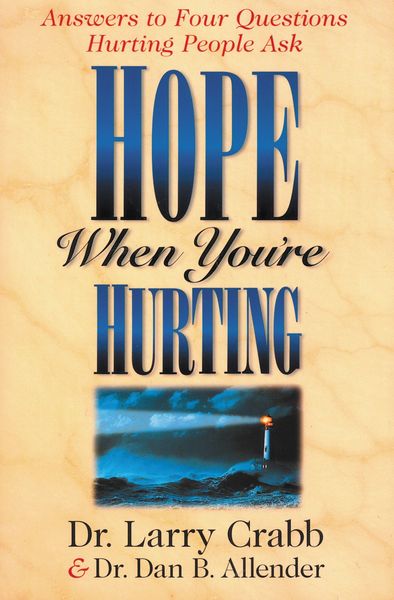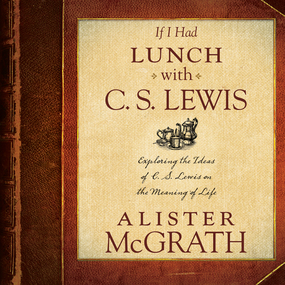


Berlin, 1932-33

Berlin, 1932-33
"Then came the crisis of 1933." This is Bonhoeffer's own phrase in a letter that documents a turning point in his own life as well as that of the nation. These are contained in Berlin, 1932-33. Of Bonhoeffer's own life at this time, his biographer writes, "The period of learning and roaming" from 1928 until 1931 "had come to an end" as the young lecturer, age 26, began to teach "on a faculty whose theology he did not share" and to preach "in a church whose self-confidence he regarded as unfounded." Bonhoeffer was becoming part of a society "that was moving toward political, social, and economic chaos."
Events moved quickly at the onset of 1933 in Berlin. In only one hundred days the path was cleared by the German Parliament and the Nazi Party for the establishment of the fascist dictatorship. These one hundred days, as well as the preceding and succeeding months, are reflected in the materials in this volume: in letters, in sermons, in Bonhoeffer's university teaching, in manifestos and a church confession, and in his proactive engagement in the developing church struggle. The vast majority of these are translated here for the first time.
Dietrich Bonhoeffer was a German Lutheran pastor and theologian who lived from February 1906 - April 1945. He received broad recognition for his writings on Christianity's role in the secular world. Bonhoeffer was also famous for his staunch resistance to the Nazi dictatorship, which ultimately cost him his life in a Nazi concentration camp.
